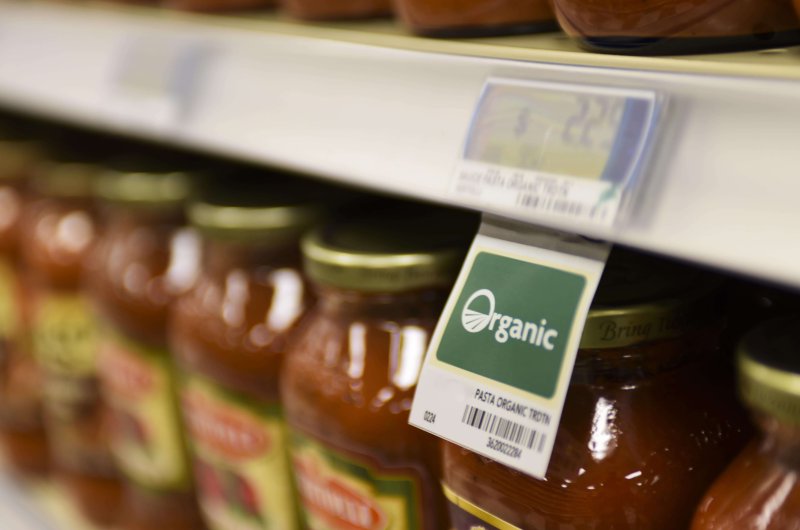Not surprisingly, the debate over organic versus conventional farming is heavily polarized in academic circles …. In December 2018, researchers from Chalmers University of Technology published a study in the journal Nature that found that organic peas farmed in Sweden have a bigger climate impact (50 percent higher emissions) as compared to peas that were grown conventionally in the country.
“Organic farming has many advantages but it doesn’t solve all the environmental problems associated with producing food. There is a huge downside because of the extra land that is being used to grow organic crops,” said Stefan Wirsenius, an associate professor at Chalmers.
…
Andrew Smith, a chief scientist at the Rodale Institute, lashed out in a post saying that it was “irresponsible to extrapolate a global phenomenon based on two crops grown in one country over three years.”
…
Some scientists continue to be concerned that …. it might not be sustainable for industrialized countries to go 100 percent organic. A recent study published in the journal Nature Communications concludes that the widespread adoption of organic farming practices in England and Wales would lead to increases in greenhouse gas emissions. This is mainly because agricultural yields would be 40 percent lower.
Read full, original article: Is Organic Food Really Better for the Environment?































